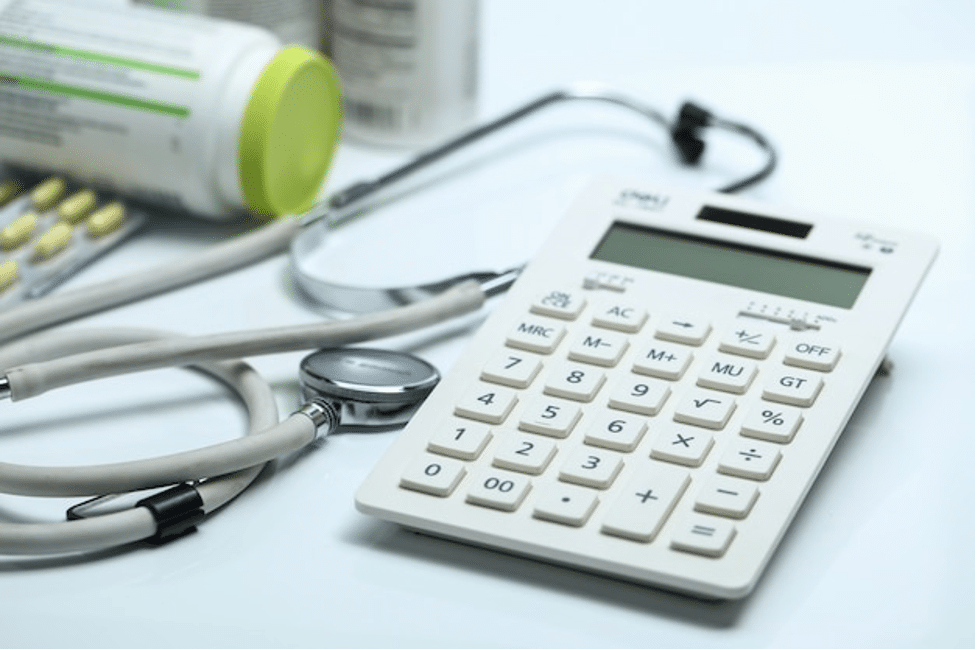If you have plans to make New Year’s resolutions in 2024, building a medical emergency fund should take priority.
This year, experts expect healthcare costs to rise by a whopping 8.5%. According to insurance company Aflac, employers plan to shoulder these prices with their employees by raising deductibles, premiums, and co-pays.
While many people managed to grow their emergency funds last year, many Americans still lack critical savings to help with these out-of-pocket expenses. They would have to take out an installment loan or line of credit to cover an unexpected deductible.
Online loans serve an essential purpose for people who can’t save. But if you have a little extra room in your budget, you can set aside cash to cover these medical expenses without borrowing money.
This year, focus on what you can do to build these savings before applying for an installment loan online. Check out these tips for stocking your medical emergency fund.
How Much Do You Need to Save in Your Fund?
The traditional rule of thumb says your emergency fund should contain three to six months of living expenses. At this size, these savings can cover more than infrequent deductibles or co-pays. It can provide a cushion in case you need to take time off work to recover from an illness or surgery.
That said, saving money has never been hard in the post-pandemic world. Most families would take more than two years to save just one month of living expenses.
Luckily, a new study suggests you might not need much more than that. Researchers at the University of Colorado have determined the average low-income family needs only one month of living expenses tucked away for unexpected expenses.
How to Prioritize Savings in the New Year
You can cut down the time it takes you to build your one-month emergency fund by following these tips.
Use a Budget to Identify Bad Spending Habits
Sit down with your budget to assess how you spend your money. If you’re like most people, you have a lot of unnecessary spending in your budget. By reducing how often you make these expenses, you can free more money to put towards your fund.
Fold Windfalls into Your Fund
Tax season will be here before you realize it. If you expect a tax refund this year, earmark it for your emergency fund. Funnelling windfalls into your savings gives a quick boost to your fund.
Start Looking for a New Job
The more money you earn, the more money you can save. If you’ve done everything you can do with your budget to reduce expenses, it may be time to increase your income. Start looking online to see what you can do to spruce up your resume and search for jobs with higher pay and a comprehensive benefits package.
This might be a good time to think about changing gears entirely. Tech jobs in enterprise security or data science offer competitive wages. You can also consider adopting a digital side hustle, like affiliate marketing.
Support Your Health in the New Year
Don’t let healthcare price hikes take you by surprise — start preparing for these costs now by saving more.
